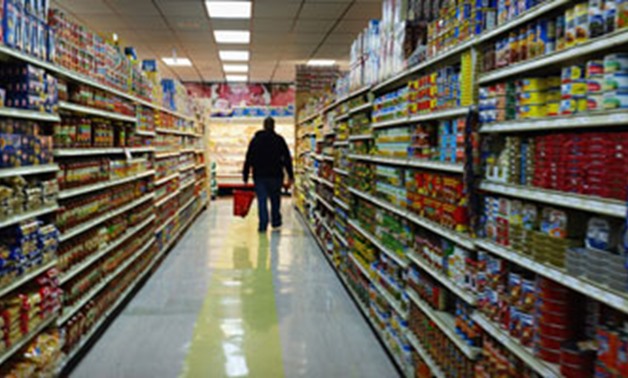
FILE – The price tag decree says all food producers, importers, packagers and suppliers of food products must label every product in Arabic and in clear font – undated
CAIRO – 13 December 2017: The confirmation made by Supply Minister Ali Moselhy on Tuesday regarding confiscating any commodity “without a price tag” as of January 1, 2018 triggered dissatisfaction among both importers and manufacturers.
The Supply minister issued a decree in the Egyptian Official Gazette late October stipulating that “all food producers, importers, packagers and suppliers of food products must label every product in Arabic and in clear font that cannot be erased.”
“This decree is non-implementable and illogical,” Secretary-General of the Federation of Egyptian Chambers of Commerce Alaa Ezz told Egypt Today, adding that the decision will face major challenges.
He said, for manufacturers, final prices inevitably differ from governorate to another. For example, major companies producing milk transport their products by their own means of transportation and therefore the costs will change from Cairo to North Sinai. That triggers a question of how these companies can fix prices nationwide.
For the importers, Ezz said they make deals on the long term. An importer may sign a contract to import commodities with an arrival time of about three months, “how can he then fix prices in light of the unstable situation of dollar?”
Ezz said the decree must include only retailers who are not manufacturers or importers.
The price tag decree stipulates that violations could result in jail sentences of up to five years, fines and confiscations.
“This contradicts the mode of operations of many factories and results in complications in the production process,” said Hani Berzi, the chairman of Edita Food Industries, one of the country’s largest food producers to Reuters in October.
Berzi listed producing in bulk, different pricing for exports and different locations as well as extra costs for labeling as challenges manufacturers would now have to deal with in their businesses.

Comments
Leave a Comment